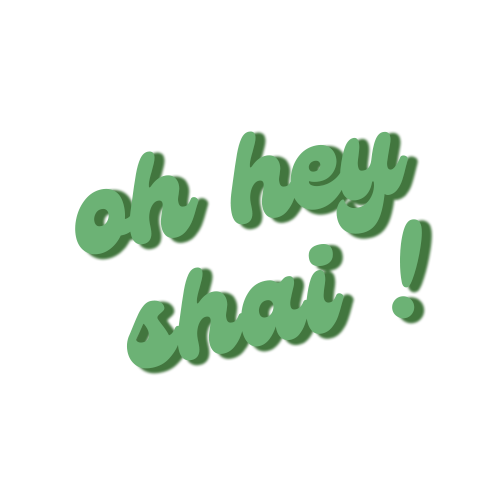When I was a kid, I used to be terrified of the dark. I had chronic nightmares, and not only was I convinced that there was a monster living in my closet, but that my dolls moved when I wasn't looking, and that my house - along with most of the houses in my hometown - was inexplicably haunted.
Although my childhood was largely characterized by an overactive imagination and predominately defined by fear, I did not entirely shrink away from the macabre fantasies which plagued me. Instead, in a way, I embraced them like a calling. The shadows and demons of my childhood were my Narnia. My Pan's Labyrinth. Something to be overcome; an adventure to be had, no matter how paralyzing.
So when I was old enough to have finally gotten my hands on a horror movie with some friends, I didn't flinch away as a kid tormented by nightmares might. I ran towards my fear.
I've been writing horror stories - or stories that delve into the macabre, at least - pretty much ever since I started writing. I've been consuming horror films for years, and attempting to write or produce my own since I was a teenager. When people ask me what sort of screenplays I write, I typically reply firstly with "horror". I normally get one of two reactions: an ecstatic, "Oh, that's so cool!", or a definite affirmation that they could never stomach doing such work; they feel they cannot even stomach watching horror movies.
The misconception I typically pick up on in these scenarios is that since I am an avid horror movie fan, I don't watch these films through my fingers with my hands in front of my face, or with the sound cranked to the lowest volume. In fact, I do. Despite the fact that this is the genre I write in, like most moviegoers, I scream and cling on to friends when jump-scared. I get grossed out by gore. I yell at the screen and put the blankets over my head when the main characters do something ridiculously stupid, undoubtedly leading to their demise.
I have a feeling that most fans and creators of horror alike have the same relationship with the genre, though of course I could be wrong. But if the people who are creating these stories are just as terrified of them as the people who actively avoid them, why are they creating them in the first place?
Writing in horror, in a way, could possibly be a form of self-assurance. In classes on philosophy, I have learned of the concept of "the sublime", which deals with subjects that typically strike awe and often fear into the hearts of viewer. When witnessed through a lens of "art" or "fiction", pieces applying this aspect, we are able to truly appreciate the awe, when we would typically be overwhelmed by a rightful terror. You wouldn't stand before a tsunami or a hurricane, or some other natural disaster and pause to think about how incredible the event is. You're concerned for your life. Art lets us admire that which would typically be fled from.
This is the epitome of horror. Of course, you wouldn't typically seek to find the awe or magnificence in the crimes of an ax murderer, or the demons and ghosts that lurk in old colonial houses, but somehow horror aficionados manage not just to make the circumstances of childhood and everyday nightmares view-worthy, they also make them entertaining.
By transforming nightmare into fiction, we create a way to engage with horror in way in which the feeling of our life being in jeopardy is minimized, if not eliminated. If you are someone plagued by macabre fantasies, having that level of control over what happens in said fantasy gives you - as a creator or as a viewer - a significant sense of power.
Horror might not be for everyone, but I strongly believe that it has an appeal that is intrinsic to our human nature. Engaging with what it is that we fear in a safe space makes us feel powerful. That sense of power - of purpose - is what gives us a rush of catharsis, a feeling of release and triumph that is ultimately the goal of all good storytelling.


